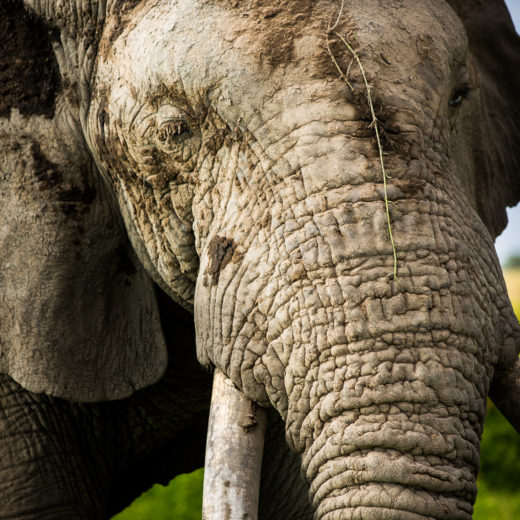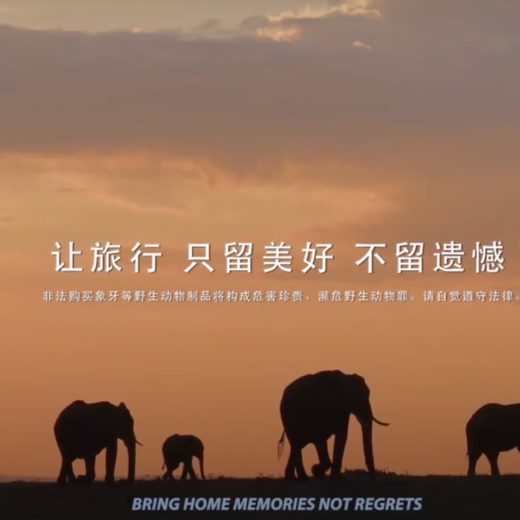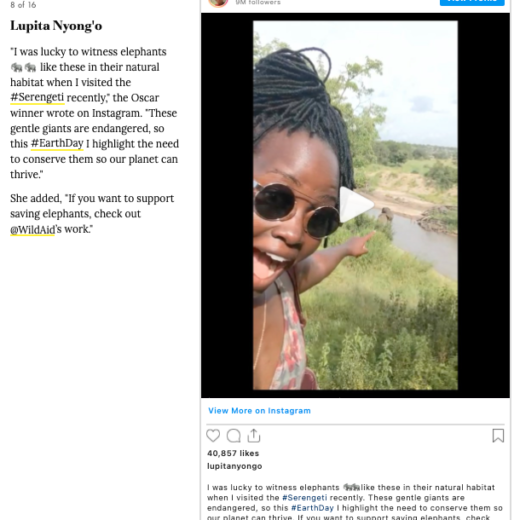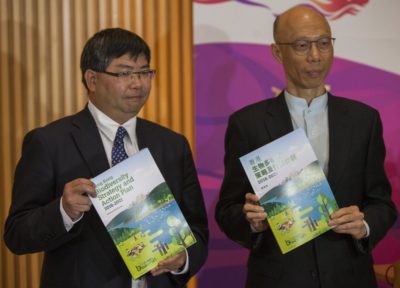
BY: ALEX HOFFORD
HONG KONG SAR, (21 December 2016) – In an early Christmas present to African elephants, today the Hong Kong SAR government fleshed out its plans to ban the city’s ivory trade.
At a press conference at Hong Kong SAR’s Central Government Offices, Hong Kong SAR Secretary for the Environment, Mr. Wong Kam-sing said, “The Government is committed to the protection of endangered species and we are very concerned about the illegal poaching of elephants in Africa. Hong Kong SAR has a duty to be part of international efforts and practices in enhancing protection for elephants. The Government is preparing amendments to the Protection of Endangered Species of Animals and Plants Ordinance to effect a three-step plan to phase out the local trade in ivory in a single legislative exercise, which will be submitted to the Legislative Council in the first half of 2017.”
WildAid applauds the Hong Kong SAR government for taking concrete action to ban the local ivory trade and hopes this can be done as soon as possible.
WildAid also commends the Hong Kong SAR government’s proposal to increase indictable penalties for wildlife crime to a maximum of ten years, according to a Hong Kong SAR government source. Ten years is sufficiently long enough under Hong Kong SAR’s Import and Export Ordinance to trigger the Organised and Serious Crime Ordinance (OSCO). Under OSCO, the Hong Kong SAR Police are able to leverage the full range of investigative powers of their Commercial Crimes Bureau and their Organised Crime and Triad Bureau. Only then can Hong Kong SAR law enforcement finally smash the organised crime syndicates based in Hong Kong SAR that have been running illegal wildlife products through this city with impunity for decades. To date, not a single kingpin has been arrested to date for running serious and organised wildlife trafficking syndicates that are driving iconic species towards extinction, not to mention costing many people their lives in Africa. If Hong Kong SAR lawmakers support the government’s proposal in the first half of 2017, that could change for the better.
Alex Hofford, Hong Kong SAR WildAid campaigner said, “We are delighted that the Hong Kong SAR government is finally ending the city’s ivory trade which has been a disaster for elephants. The situation in Africa remains urgent. We urge the Hong Kong SAR government to accelerate full implementation of the phase out as quickly as possible. China and the United States are taking decisive actions to shut down their ivory markets and Hong Kong SAR can also join them as a world leader in helping to save elephants. Now is the right time for the Hong Kong SAR Police to open investigations into the wildlife crime kingpins living in our city that are pushing Africa’s wildlife to the brink of extinction.”
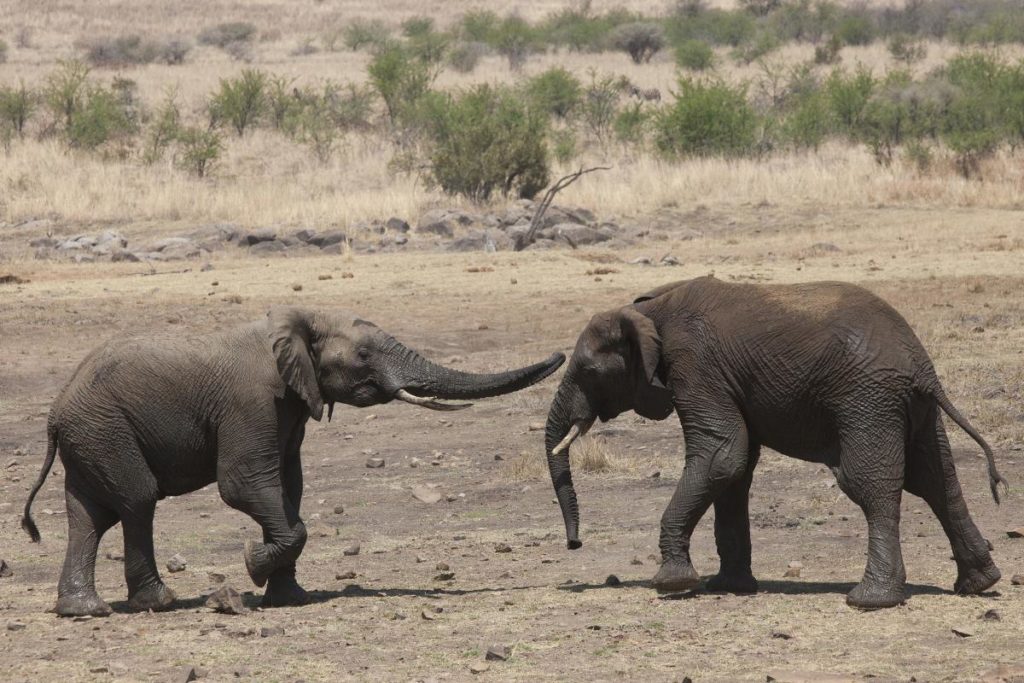

In order to help save the last remaining populations of wild elephants in Africa, WildAid is calling on the public, and all sectors of Hong Kong SAR society, to speak up and strongly support the Hong Kong SAR government’s plan to ban the Hong Kong SAR ivory trade and increase the maximum penalties for wildlife crime.
WildAid is also calling on the governments of Thailand and Japan to ban their domestic ivory markets.
Stay in touch and get the latest WildAid updates.
SIGN UPAbout WildAid
WildAid is a non-profit organization with a mission to protect wildlife from illegal trade and other imminent threats. While most wildlife conservation groups focus on protecting animals from poaching, WildAid primarily works to reduce global consumption of wildlife products such as elephant ivory, rhino horn and shark fin soup. With an unrivaled portfolio of celebrity ambassadors and a global network of media partners, WildAid leverages more than $308 million in annual pro-bono media support with a simple message: When the Buying Stops, the Killing Can Too.
Journalists on deadline may email communications@wildaid.org
